One set of texts which are occasionally referenced in support of the Unconditional Election comes from the Olivet Discourse in Matthew 24. The reason these texts are cited is because they make reference to “the elect.”
And unless those days were shortened, no flesh would be saved; but for the elect’s sake those days will be shortened (Matthew 24:22).
For false christs and false prophets will rise and show great signs and wonders to deceive, if possible, even the elect (Matthew 24:24).
And He will send His angels with a great sound of a trumpet, and they will gather together His elect from the four winds, from one end of heaven to the other (Matthew 24:31).
These three texts clearly reference the elect, but we must remember that just because a Bible verse uses the word “elect,” this does not mean that the Calvinistic understanding of election is true.
One sometimes runs into Calvinists who argue that election is true because the Bible mentions election.
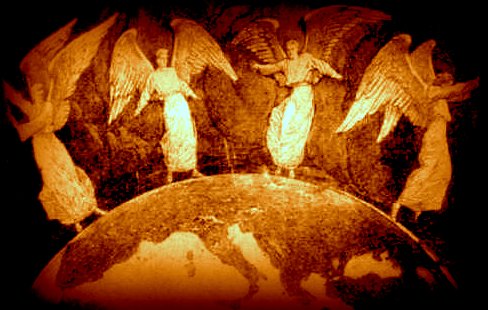
The question, however, is not whether or not the Bible mentions election, but rather what the Bible means when it mentions election. And when Matthew 24 refers to election, what it teaches is somewhat surprising, and in fact, seems to undermine the Calvinistic understanding of election.
Matthew 24 and Election
According to Calvinism, those who are elect are unconditionally chosen by God to receive eternal life. They are irresistibly brought by God into His family. Election occurs because a sovereign God rules and controls all.
Yet what is exceedingly strange in these texts from Matthew 24 which mention the elect, is that it appears that “even the elect” could be deceived and led astray by the false christs and false prophets that arise in the last days. If God sovereignly controls the beliefs and behaviors of His elect, then how is it that they could be deceived by false teaching? Indeed, Jesus says that God will cut short those days so that the elect will not die and will not be deceived.
To be even more specific, it is possible that when Jesus refers to “the elect” in this text, He might be specifically thinking of the Jewish elect people, so that when He refers to gathering the elect from the four winds, He is referring to gathering His people Israel back to Jerusalem from the four corners of the earth.

As a side note, it is important to recognize that when Jesus speaks about being “saved” in this passage (cf. Matthew 24:13, 22), He is not referring to justification or receiving eternal life, but to being delivered from death in this time of tribulation. The salvation in Matthew 24 is not about going to heaven when we die, but is about deliverance from physical death during times of tribulation (Wilkin, Grace New Testament Commentary, 110). Paul makes a similar statement about the Jews in Romans 11:26-27.
So when it comes to the discussion of election, Matthew 24 really doesn’t provide any new information about how one becomes elect or what interaction exists (if any) between the human and divine wills.
There is an indication that God does not sovereignly control the beliefs and behaviors of the elect, and since they themselves might be deceived by the false teaching of these last days, He intervenes to cut those days short, but other than this, there is little that this text adds to the discussion of election.
If you want to read more about Calvinism, check out other posts in this blog series: Words of Calvinism and the Word of God.



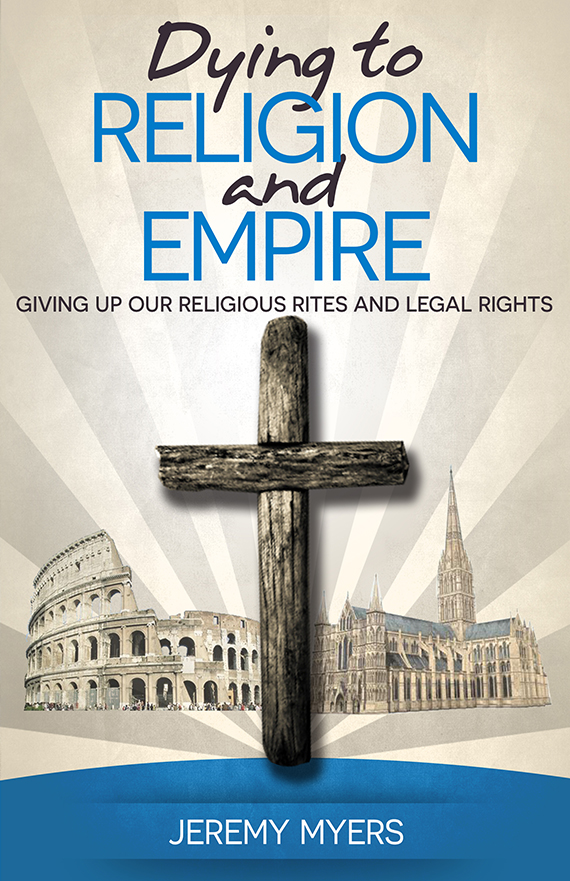
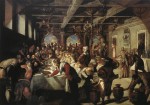
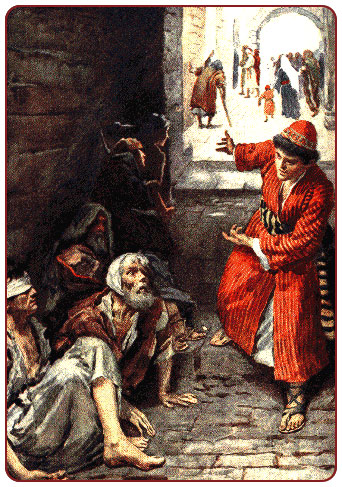 In this case, all the guests decided to stay away, and provided their token excuses, which indicated their disapproval (Malina,
In this case, all the guests decided to stay away, and provided their token excuses, which indicated their disapproval (Malina, 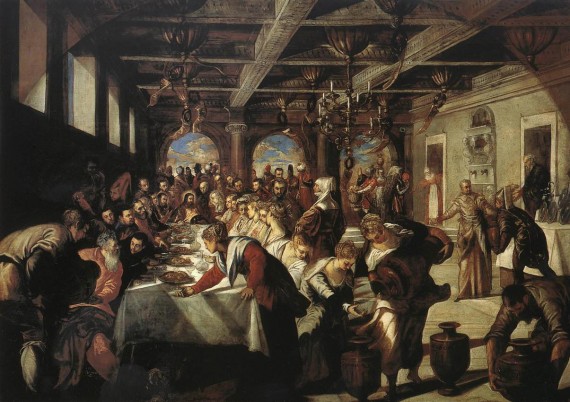

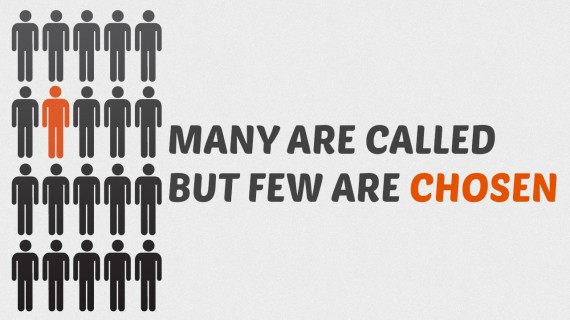
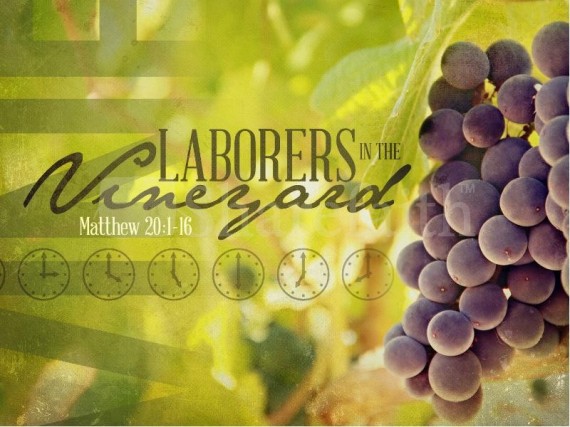
 But if the equal treatment of all by God is the point of this parable, why doesn’t Jesus say something to that effect in Mathew 20:16?
But if the equal treatment of all by God is the point of this parable, why doesn’t Jesus say something to that effect in Mathew 20:16? 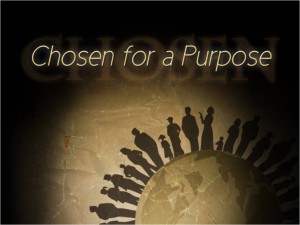

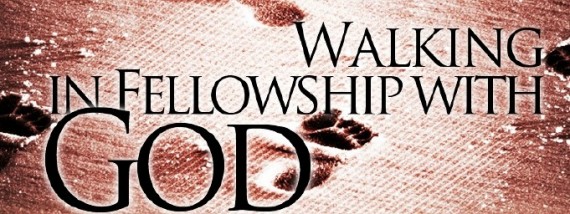
 Further proof that Jesus is speaking about an invitation to friendship and deeper understanding about God is found in Matthew 11:20-25.
Further proof that Jesus is speaking about an invitation to friendship and deeper understanding about God is found in Matthew 11:20-25.  Prior to the coming of Jesus Christ, no one truly understood what God was like, but when Jesus came, He revealed God to us (John 1:18). In Jesus, we have the fullest and most complete revelation of God’s character that exists.
Prior to the coming of Jesus Christ, no one truly understood what God was like, but when Jesus came, He revealed God to us (John 1:18). In Jesus, we have the fullest and most complete revelation of God’s character that exists. 